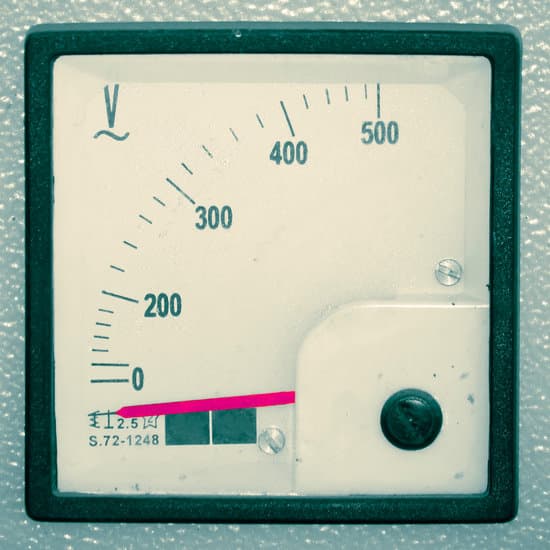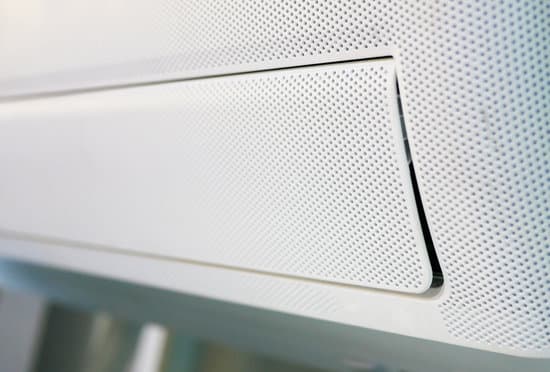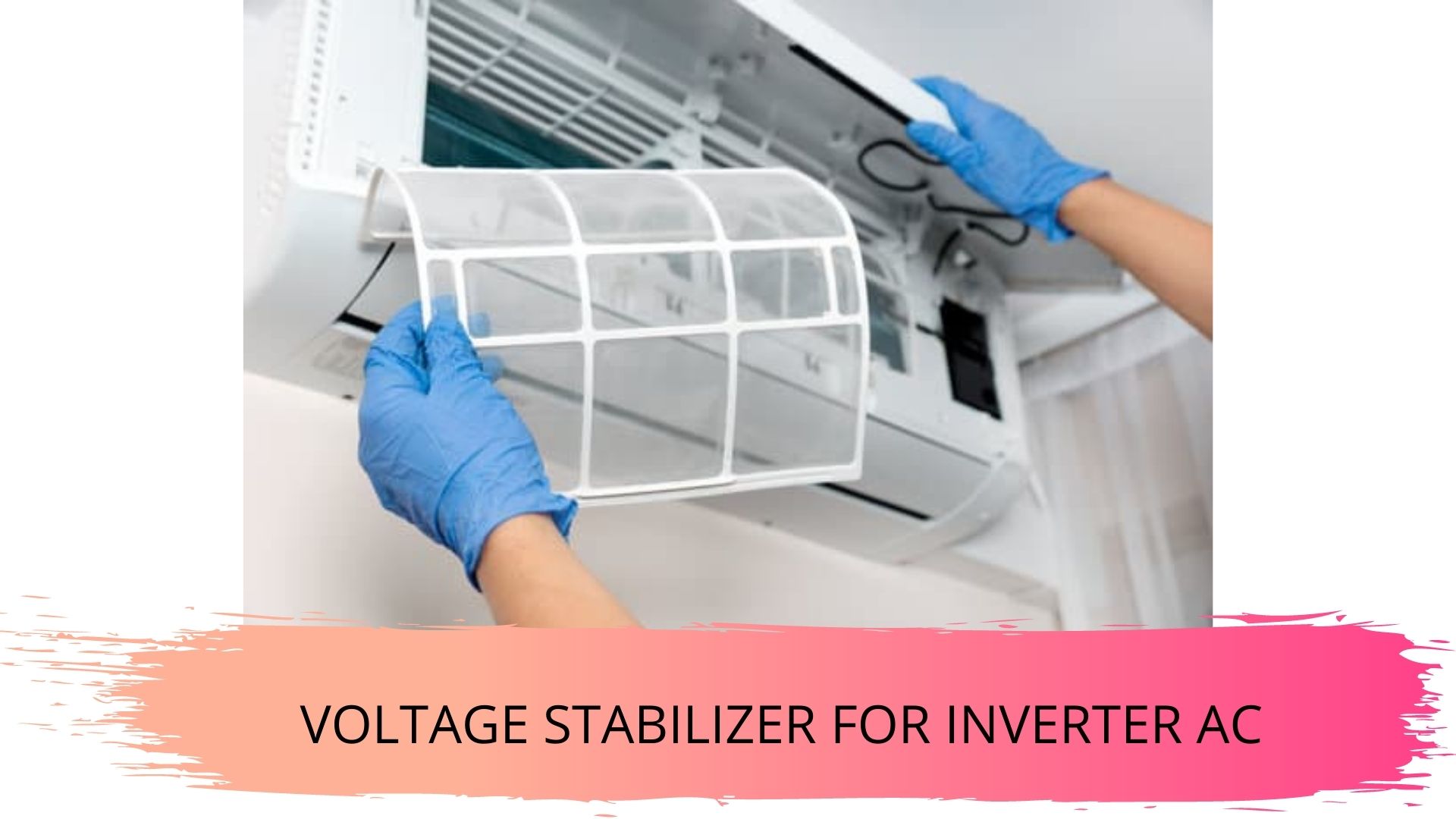Voltage stabilizers are devices that regulate the amount of voltage your appliance receives. When the voltage in your area fluctuates, a stabilizer ensures that your appliance receives a constant flow of power.
Is Voltage Stabilizer Required for Inverter AC?
A voltage stabilizer is required for inverter AC because it regulates power fluctuations and prevents irreparable damage. Maybe some stabilizer comes with a mechanism(S-UTR compressor) that controls fluctuations. But while the fluctuation exceeds its range, it can’t control it.
Benefits/Rumors of Voltage Stabilizer For AC
I want you to get a stabilizer for your inverter AC. Every appliance that is vulnerable to power fluctuations requires a stabilizer. Inverter air conditioners are not immune to power fluctuations. A voltage spike is more than capable of destroying them.
A stabilizer will prevent this from happening. Some people have argued that inverter air conditioners do not require stabilizers. They are convinced that modern air conditioners have mechanisms that protect them from voltage fluctuations.
But that is only partly true. These inbuilt mechanisms can only protect against fluctuations that fall within a specific range. If the fluctuations exceed that permissible range, you could lose your air conditioner unless you have additional defenses such as the kind provided by voltage stabilizers.
Those same people will argue that locations that do not suffer drastic fluctuations don’t have to worry about the issue above. Apparently, the air conditioner’s inbuilt protections can keep them safe. However, you cannot control or predict the fluctuations in your area. If a fault causes the voltage to fluctuate wildly, you could lose your air conditioner before you realize your mistake.
For that reason, even if your region rarely encounters fluctuations, you are still encouraged to use a stabilizer just in case the unexpected happens. This is a safer option.
In doing so, it protects your valuables from sudden and unexpected spikes or drops in the voltage. Everyone understands the important role a voltage stabilizer plays where most appliances are concerned. But how do inverter Air Conditioners fit into this equation?
How Does a Voltage Stabilizer Work?
A voltage stabilizer works by performing boosting or bucking operations.

When the voltage coming into your home exceeds the amount specified by the manufacturer of the appliance, the stabilizer will lower the voltage, keeping it within the appropriate range.
This prevents voltage spikes from destroying the appliance. If the voltage coming into your home drops below the required amount, the stabilizer will boost it. This will prevent the deficiency in your power supply from drastically limiting the performance of your appliance.
What is an Inverter AC?

Inverter and Non-Inverter Air Conditioners are not the same things. A conventional air conditioner works by consuming the air within a room and using an evaporator to cool it before forcing it back out. The operations of an ordinary AC depend heavily on the compressor.
But the compressor isn’t always on. The unit will activate in the beginning, when the AC has just been switched on. Once the specified temperature is achieved, the thermostat will alert the compressor, causing it to switch off.
The sound you hear from your AC after this stage comes from the fan which remains on. The compressor will only activate once the temperature rises above the specified level.
Why is this a problem? Simply put, the compressor always works at maximum capacity. If you place a non-inverter AC that was designed for a large room in a much smaller room, the compressor will work at the same capacity despite the reduction in the space it is expected to cool.
This is where inverter technology enters the picture. Inverter ACs will only use as much power as they need to cool a particular room. In other words, they adjust their operations to meet the demands of each room.
Can We Connect AC Without a Stabilizer?
If your AC has an S-UTR compressor, you can connect it without a stabilizer. Their internal mechanisms will keep the air conditioner’s power supply stable.
What if the appliance doesn’t have an S-UTR compressor? Well, many manufacturers claim that their ACs have inbuilt stabilizers. In other words, they don’t need an external stabilizer.
However, those same manufacturers always include a statement of caution in their manuals warning people that their inbuilt stabilizers cannot guarantee the safety of the air conditioner in the event of a drastic fluctuation in power.
You can connect an AC without a stabilizer. But even with the inbuilt stabilizer, you are still taking a major risk. An external stabilizer will give you more peace of mind.
How Many kVA Voltage Stabilizers are Required?
For instance, if you expect your stabilizer to protect a 1000 watt appliance, you need a stabilizer with a rating of 1.2kVA (1,200 VA).
The size of a stabilizer is expressed in kVA. You must match the size of the stabilizer to the needs of your appliance.
This means determining the power rating of the appliance in watts. It is found on a sticker attached to the appliance. This will give you the load the stabilizer must carry. To ensure that the appliance’s power requirements are a match for the kVA of the stabilizer, you should add 20 percent to the total wattage of your appliances.
Voltage Stabilizer Required for 1/1.5/2 Ton Inverter AC
| Tonnage | Max Wattage | Max kVA |
| 1 Ton | 1300 Watts or 1.3 kW | 1.6 kVA |
| 1.5 Ton | 1900 Watts or 1.9 kW | 2.4 kVA |
| 2 Ton | 2500 Watts or 2.5 kW | 3 kVA |
Is Inverter Technology Energy-Efficient?
In a non-inverter AC, the compressor only turns on long enough to lower the temperature to the required level before shutting off. In an inverter AC, the compressor is always on. As such, you would assume that inverter ACs use more power than their non-inverter counterparts.
But the opposite is actually true. Yes, an inverter AC’s compressor is always on. However, the inverter technology regulates the amount of power the compressor uses. That doesn’t happen in non-inverter ACs. Their compressors always operate at maximum capacity.
Therefore, an inverter AC will reduce your home’s power consumption in the long run. In some cases, you can expect to save as much as 30 percent.
Conclusion
Technically speaking, you can make do without a stabilizer, especially if your inverter AC is a modern model. However, unless it has an S-UTR compressor, even with an inbuilt stabilizer, you cannot guarantee the safety of your air conditioner. This is why homeowners are encouraged to take the cautious route by investing in a stabilizer.

